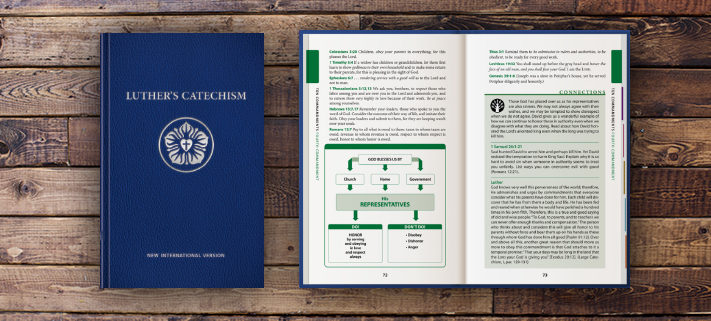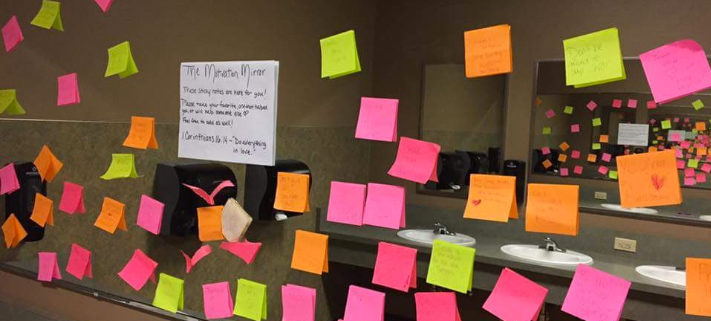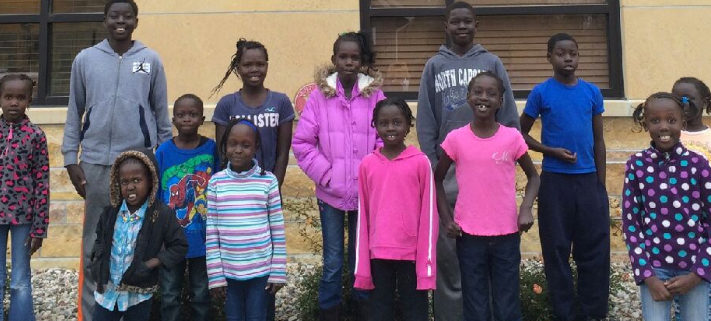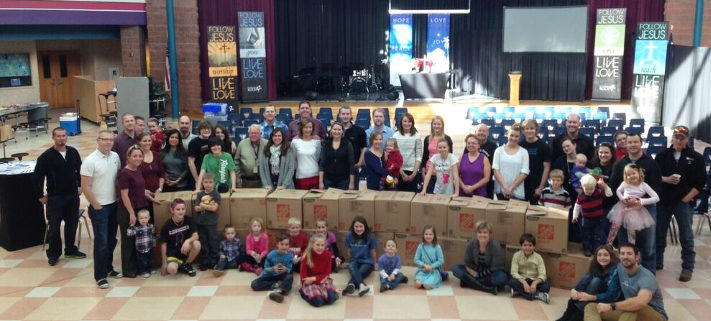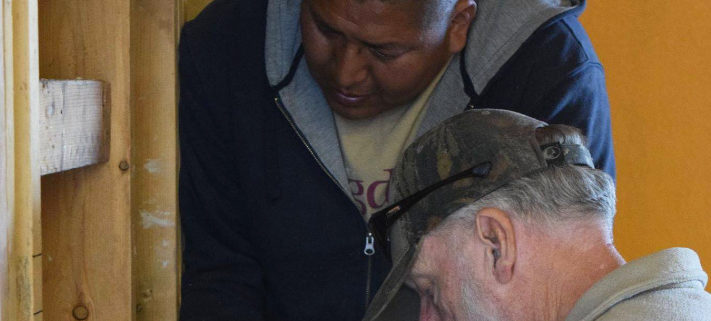Coming to church
John A. Braun
“If I believe in Jesus, why do I have to come to church or even belong to a church? Isn’t it enough that I believe?” Those questions are among the questions asked by people who check “None” when asked about their church preference.
The “Nones” have concluded that the organized church is just too difficult for them. Perhaps they have had a bad experience with a pastor or priest. Perhaps they have listened to or sat through too many meetings that go nowhere and may have been filled with too much bitterness, anger, or squabbling. It may, of course, be simpler than that. They just want their freedom.
I suppose that there’s another group of people who ask those questions or at least variations of them. We call them delinquents—members who stay away from worship. Pastors and elders in our congregations spend time in prayer and use energy trying to connect with them and encourage them to come to church.
In either case, they don’t come to church—at least very often. Perhaps they come for Christmas and Easter—the “C and E” Christians. Some may actually be quite devout—reading their Bibles and even attending a Bible class hosted by a neighbor. But coming to church is another story altogether.
We might imagine the reasons they don’t come and the rationalizations they adopt to justify staying away. Services are boring? Too much emphasis on money? Church people are hypocrites? Pastors are unfriendly, pompous, or whatever? So many people and so many excuses!
Why do we come to church? Perhaps we have as many answers to that question as others have excuses not to come. Let me suggest a few reasons to come to God’s house.
I come to sing God’s praises with others. Yes, we are a flawed assembly with all kinds of people from a great spectrum of personalities and backgrounds. We may not be friends with everyone at worship, but we are all children of God by faith in Jesus. That draws us together, and our love for Jesus helps us put aside our differences. We sing together—even if some can’t sing a note. Our hearts are joined to praise God for his grace in Jesus.
I come for the forgiveness of sins. Martin Luther mentioned something that I think is remarkable. Luther reminds us that when we come to the Lord’s Supper God places the forgiveness there on the table for us. That’s true whenever we hear the gospel. God places forgiveness in front of me—in front of us all—as his gift. We accept his gift by faith, and we take it home, wrapped up in our hearts, for comfort and strength. Whatever lies ahead during the week, we have what is important.
I come for instruction. The daily tasks and weekly worries wear down our resolve to remain faithful. We come together to listen to God’s Word to sharpen our faith, correct our wayward tendencies, and steel our commitment to Jesus.
I come to share a portion of the income God gives me. The collection plate is a welcome opportunity. We bring our offerings to maintain the building we use for worship, to support the servants we call to teach us and our children, and to spread the message of Jesus through our mission efforts.
I’m also there to smile and encourage others who come. I don’t always know the challenges they face every day, but our time together includes prayers for each other—some spoken and others unspoken. Part of coming together is the joy of seeing other disciples of Jesus worship.
John Braun is executive editor of the Forward in Christ magazine.
SUBMIT YOUR STORY
Do you have a manuscript, idea, or story from your own life you’d like to share for use in Forward in Christ or on wels.net? Use our online form to share it to our editorial office for consideration.
SUBSCRIBE TO FORWARD IN CHRIST
Get inspirational stories, spiritual help, and synod news from Forward in Christ every month. Print and digital subscriptions are available from Northwestern Publishing House.
Author: John A. Braun
Volume 104, Number 6
Issue: June 2017
Copyrighted by WELS Forward in Christ © 2021
Forward in Christ grants permission for any original article (not a reprint) to be printed for use in a WELS church, school, or organization, provided that it is distributed free and indicate Forward in Christ as the source. Images may not be reproduced except in the context of its article. Contact us


